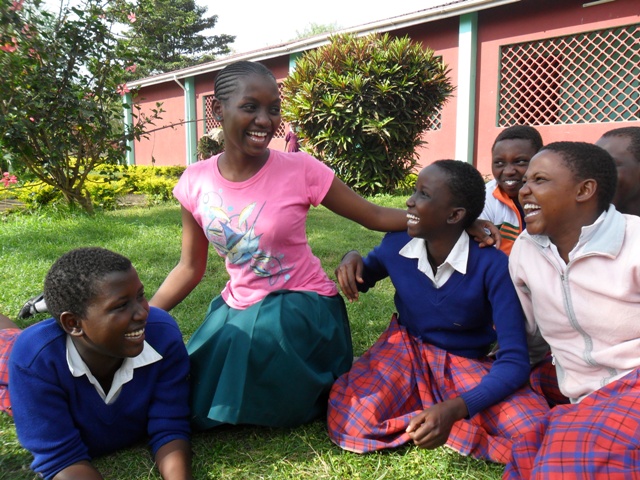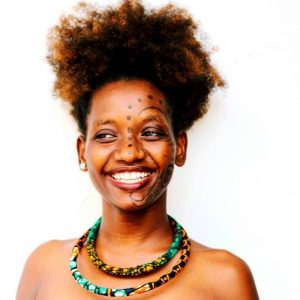
In many communities in the East African nation of Tanzania, education for girls is neglected, and often actively discouraged, beyond that needed for the role of wife and mother.
Sister Jareen Aquino, M.M., has spent the last five years as a mentor to girls at the Emusoi Centre in Arusha, Tanzania. The Centre provides a basic education, which then makes it possible for the girls to enroll in high school and get on the road to learning, which will provide them with opportunities for better lives.
“When they left their villages,” Sister Jareen says, “these girls went against what is expected of them: to remain uneducated, marry at a young age, and have children. When they join Emusoi, they are aware that they will be going to secondary school, but what they don’t know are the things that will be revealed in their lives as they discover their worth and potential as individuals. There is uncertainty and pressure, but these young women are determined to see what is before them for a better future for themselves and their families.”

One of the girls Sister Jareen worked with, Neema Musa, has gone on to university—something that until recently was almost unheard of among girls from the pastoralist and hunter-gatherer tribes in Tanzania. Sister Jareen guided Neema through the complicated application process for her scholarship.
DONATE NOW
“I still remember the different questions that she had to answer,” Sister Jareen recalls, “and one of them was what symbol best describes you? This question caught her off guard, because they seldom experience questions that let them reflect on life (since the educational system is all about academics).
“It took her quite some time to answer this, but I was so happy that it really made her reflect on things. She came up with an answer. Her symbol was a runggu. It is a Maasai staff that village leaders and elders would hold which is a symbol of leadership and authority. She chose a runggu because she sees herself as a leader for her Maasai community. Being one of the few girls who are educated, she believes that she can make a difference and bring development, not just to her family, but also to her community.”
With your support, women like Neema will have opportunities to improve not only their own lives, but those of their families and communities, as they acquire valuable knowledge and skills. Many of the girls Sister Jareen works with go on to continue their educations, and some, like Neema, even go to university.
Most of the girls have no money of their own, and are there against the wishes of the men whose households they have left. Sister Jareen’s ministry therefore relies on the support of friends like you to cover most of its expenses.
“Offering these young women better options in life through education gives them the dignity that they deserve,” she says. “The effect of education does not just stay with them, it also impacts their families and communities. Seeing how these girls become empowered invites others to see why it is important to
educate girls.”
